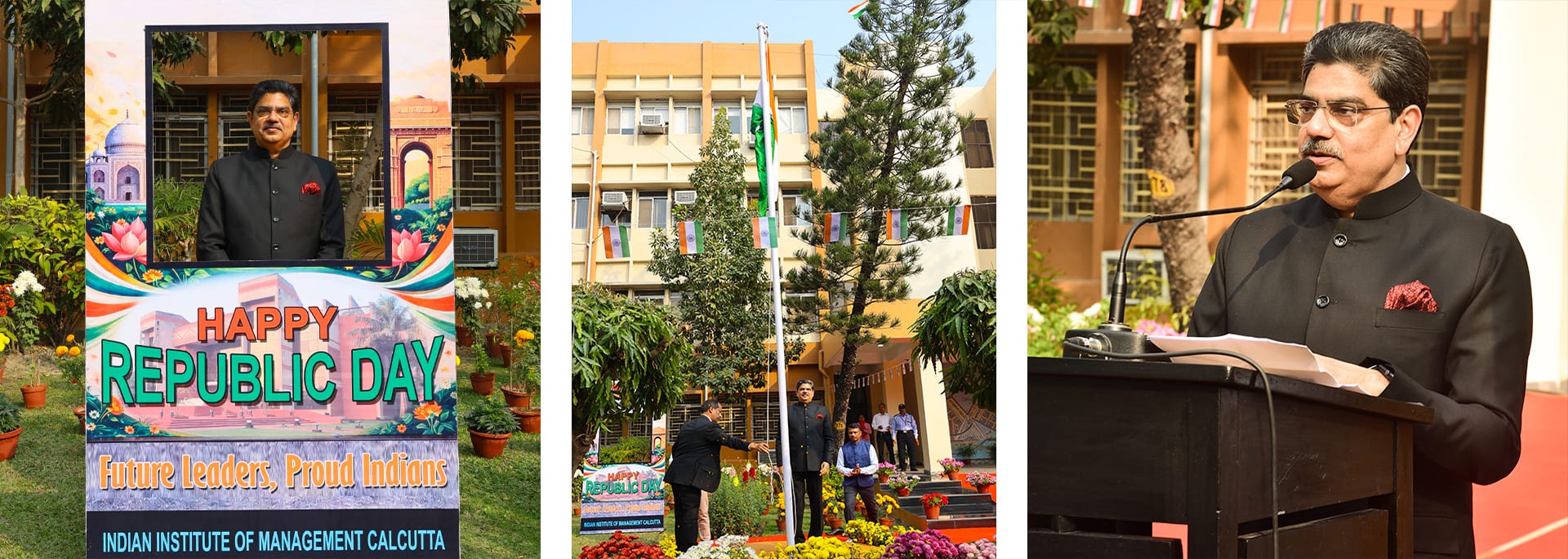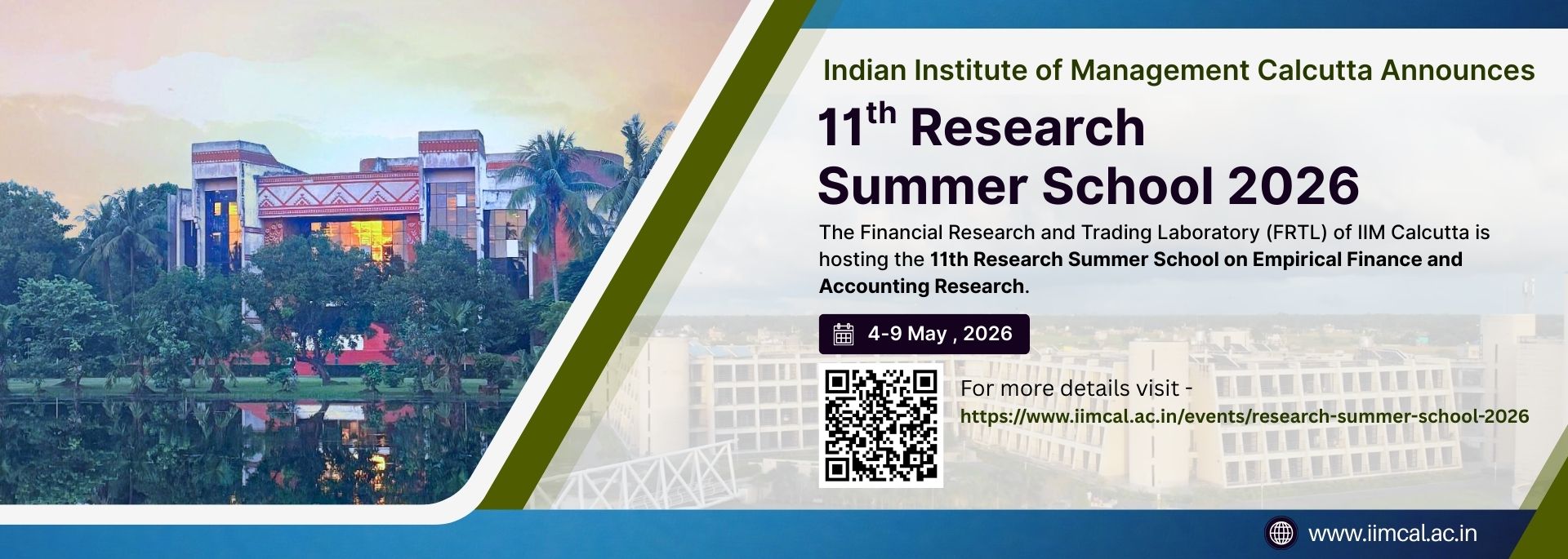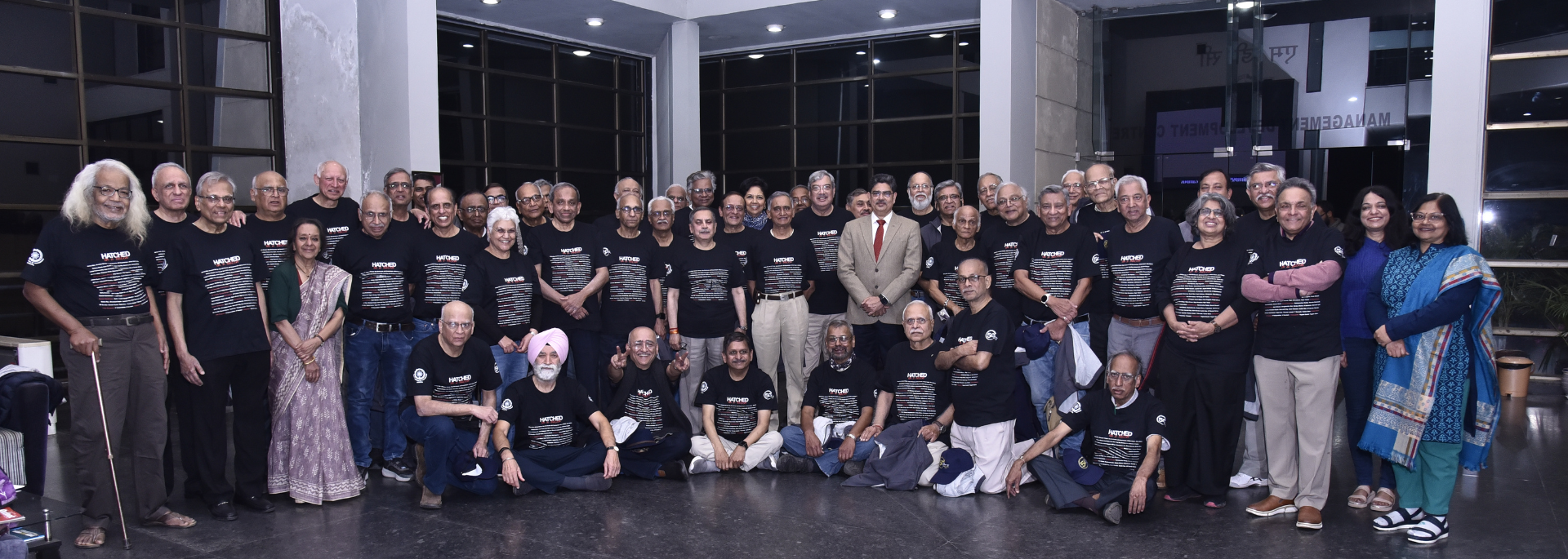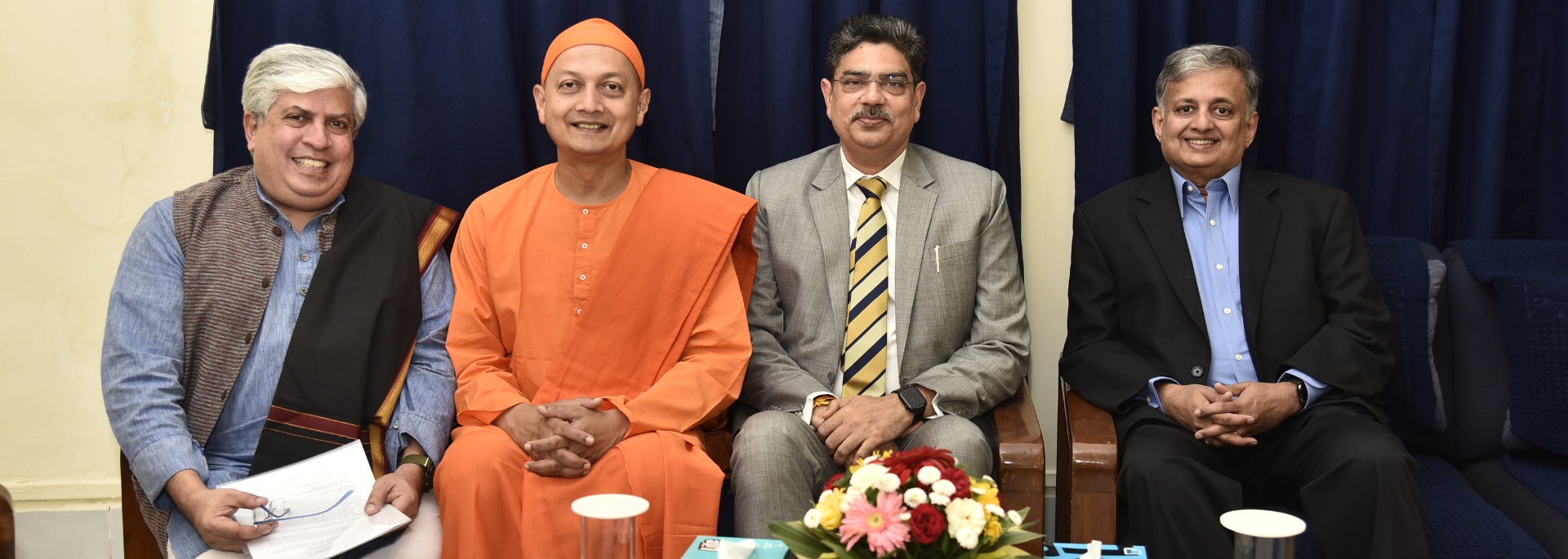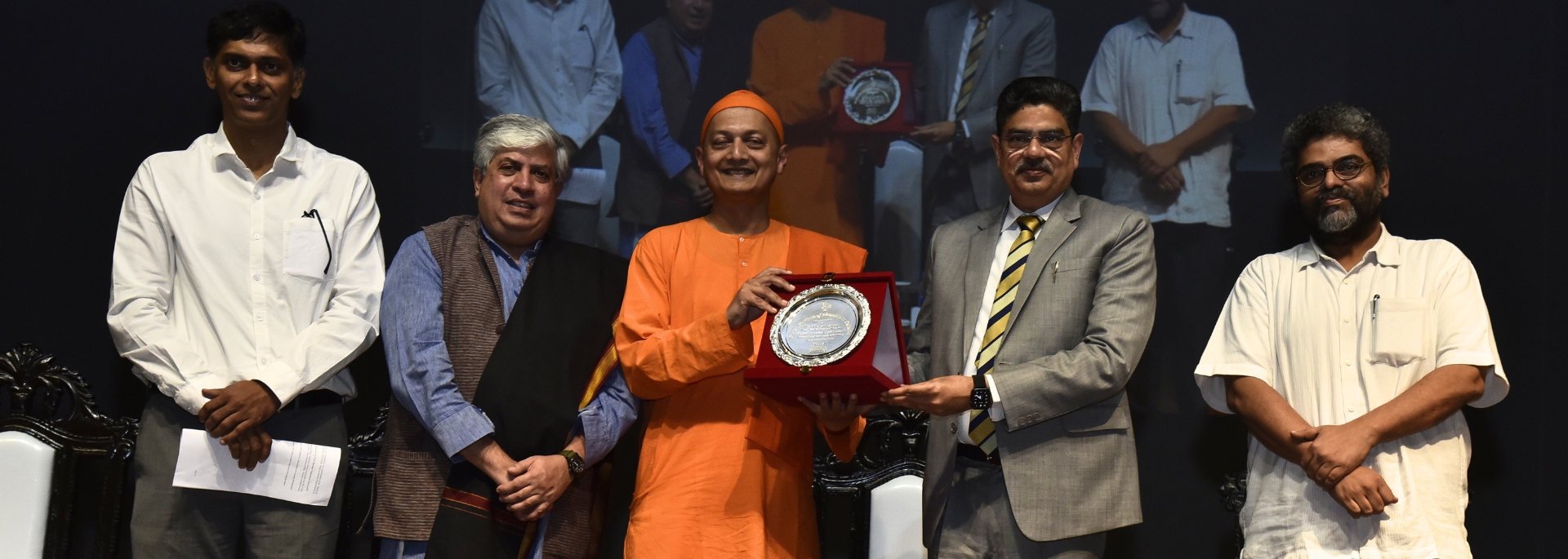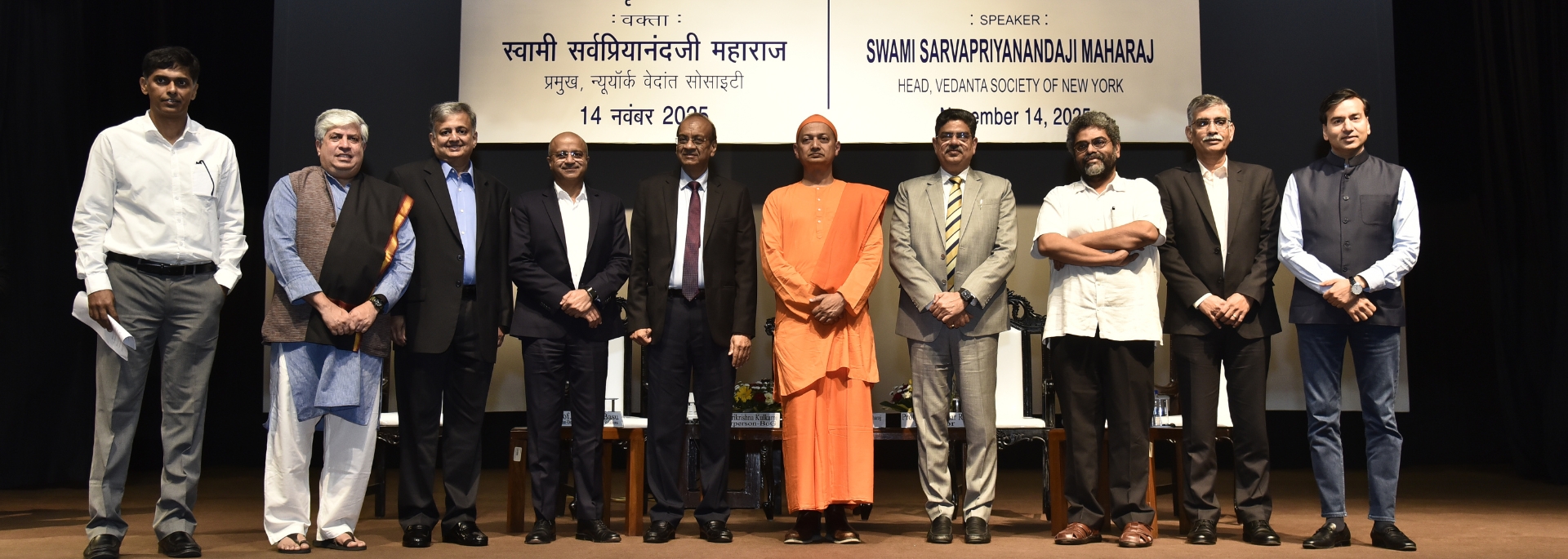| Sl. No. | Academic Group | Course Name | Course Code | Course Instructor (s) | Course Objectives |
|---|---|---|---|---|---|
| 1 | Economics | International Economics | EC-EX103 | Prof. Parthapratim Pal |
|
| 2 | Operations Management | Supply Chain Management | OM-EX105 | Prof. Peeyush Mehta |
|
| 3 | Finance & Control | Derivatives | FI-EX106 | Prof. Sudhakar Reddy |
|
| 4 | Marketing | B2B Marketing | MK-EX106 | Prof. Koushiki Choudhury |
|
| 5 | Management Information Systems | High Tech Product Management in Practice | MI- EX272 | Prof. Anik Mukherjee & Prof. Arun Iyer |
|
| 6 | Management Information Systems | Managing Digital Transformation | MI - EX273 | Dr. Abhipsa Pal |
|


